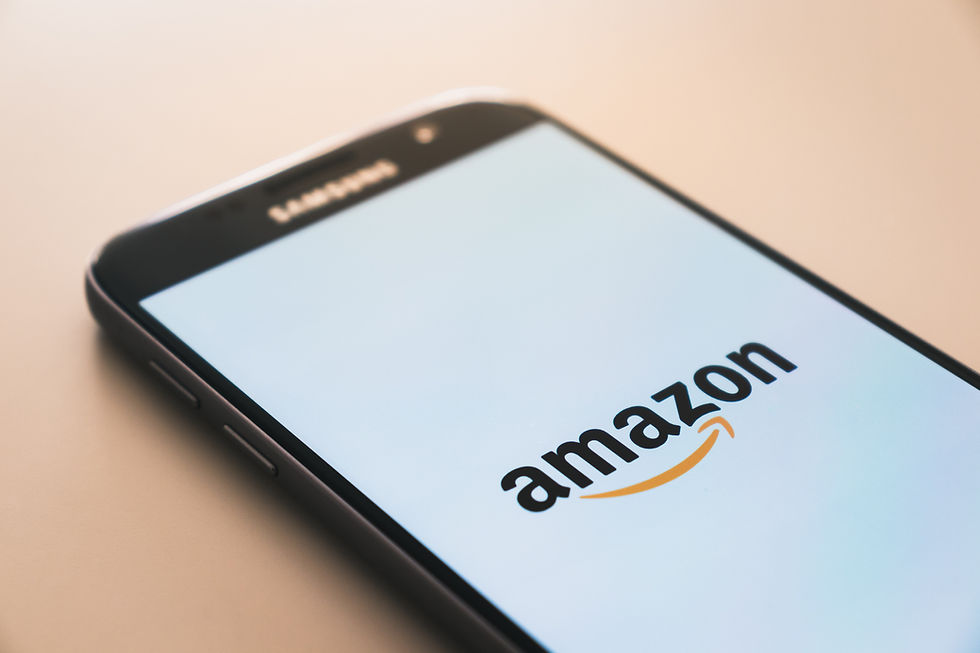JPMorgan's Return-to-Office Mandate: Another Example of Corporate Control
- Jan 17, 2025
- 3 min read
Updated: Aug 8, 2025
TL;DR: JPMorgan Chase's mandate for employees to return to the office five days a week highlights a corporate trend focused on control rather than productivity. While CEO Jamie Dimon argues that remote work hinders creativity, many companies are embracing flexible work models that recognize the benefits of autonomy. This insistence on in-person work is seen as an outdated approach that may stifle innovation and disrupt work-life balance, as studies show remote work can enhance productivity and job satisfaction.

In a move that demonstrates a clear misunderstanding of modern workplace dynamics, JPMorgan Chase has joined the ranks of companies clinging to outdated office-centric mentalities. Their recent mandate requiring employees to return to the office five days a week exemplifies a broader corporate trend that appears focused more on control than productivity. Jamie Dimon, the bank's CEO, has been vocal in his insistence that remote work stifles creativity and collaboration, echoing sentiments shared by leaders at companies like Amazon and Goldman Sachs, who have similarly pushed for a full return to in-person work since the pandemic's end[1][7].
This pushback against remote work is not merely about fostering a vibrant workplace culture; it’s about maintaining a grip on the workforce. The narrative spun by proponents of in-office work often highlights the supposed benefits of face-to-face interactions and spontaneous brainstorming sessions. Yet, these arguments are increasingly viewed as thinly veiled attempts to gaslight employees into believing that their well-being hinges on their physical presence in an office. In reality, this mandate serves the interests of the company more than those of its workers.
Comparative Landscape: Control vs. Flexibility
While JPMorgan and its ilk are doubling down on rigid office policies, several companies are embracing flexibility. Tech giants like Spotify and Google have adopted hybrid models, allowing employees to choose when they come into the office. This approach not only respects individual work preferences but also acknowledges that productivity can thrive outside traditional office walls. The contrast is stark: one side prioritizes control and conformity, while the other champions autonomy and trust.
The argument that returning to the office fosters better teamwork is particularly disingenuous. Studies have shown that remote work can lead to increased productivity and job satisfaction[1]. Employees often find they can focus better without the distractions of an open office environment. Moreover, many workers have adapted to remote setups that allow for a better work-life balance—something a full-time return to the office threatens to dismantle.
Debunking the Myths
Advocates for returning to the office frequently cite "company culture" as a primary reason for their stance. However, this notion often translates into a desire for surveillance—an outdated belief that physical presence equates to accountability. The reality is that many employees feel more empowered and engaged when given the freedom to work remotely or in a hybrid capacity.
Furthermore, claims that remote work diminishes innovation are misleading. Companies like Google have thrived with flexible working arrangements, demonstrating that creativity does not require a cubicle or conference room. In fact, forcing employees back into an office may stifle the very innovation leaders claim to cherish.
In conclusion, the insistence by JPMorgan and others on returning employees to their desks full-time is less about enhancing productivity and more about reasserting control over a workforce that has tasted autonomy during the pandemic. As companies navigate this post-pandemic landscape, they must recognize that trust and flexibility will yield far greater returns than outdated practices rooted in control.
Note: This article represents my personal opinion on JPMorgan's return-to-office mandate. If you disagree, feel free to express your thoughts in the comments section. I stand by my perspective on workplace autonomy and employee empowerment.
Citations: [1] https://www.forbes.com/sites/julianhayesii/2024/09/24/jamie-dimons-return-to-office-call-highlights-remote-work-challenges/ [2] https://careers.jpmorgan.com/global/en/students/programs/reentry-program [3] https://www.jpmorgan.com/insights/global-research/real-estate/return-to-the-office [4] https://privatebank.jpmorgan.com/nam/en/insights/markets-and-investing/tmt/5-things-on-the-horizon-for-2025 [5] https://am.jpmorgan.com/content/dam/jpm-am-aem/global/en/2025 Year-Ahead Investment Outlook.pdf [6] https://www.reddit.com/r/nyc/comments/1b7mwuf/the_new_jp_morgan_hq_to_be_finished_in_2025/ [7] https://www.reuters.com/business/finance/jpmorgan-employees-gripe-about-dimons-return-to-office-edict-2023-04-27/ [8] https://www.thestreet.com/employment/jpmorgan-chase-ceo-message-federal-employees

Comments